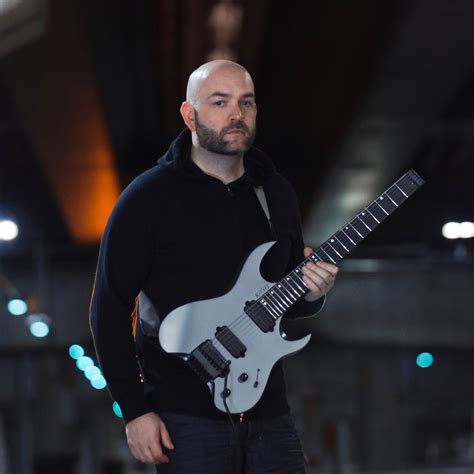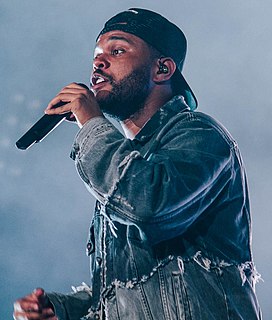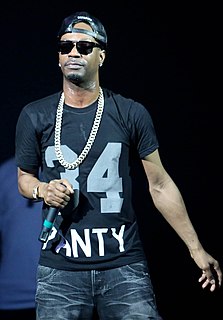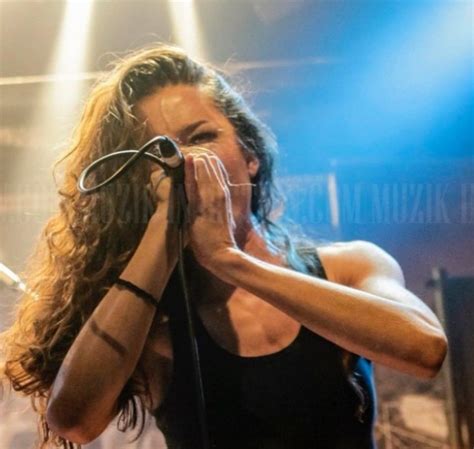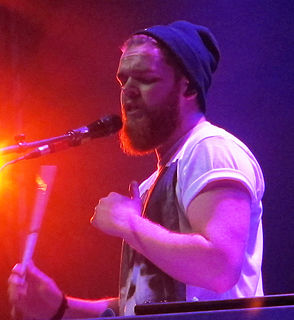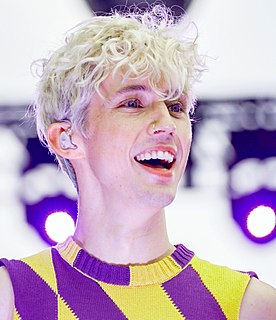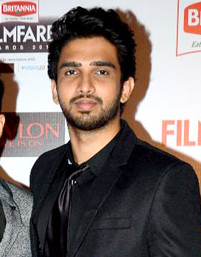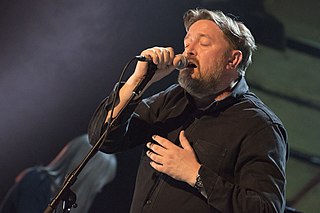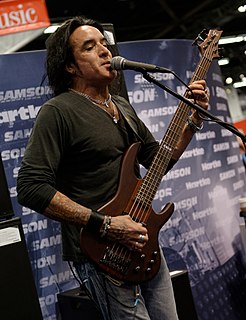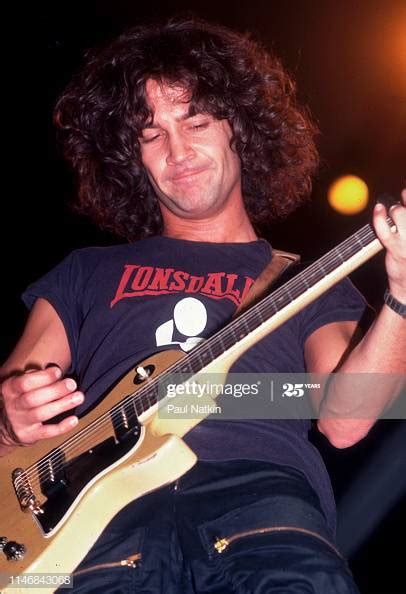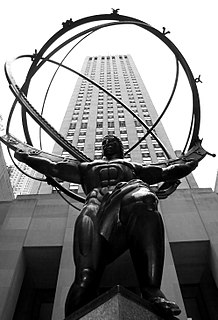A Quote by Paul Wardingham
After working as a producer on many pop, electronica and some soundtrack, incidental music projects, I became more focused on film and TV scores.
Related Quotes
Prince turned experimental music into pop music. 'When Doves Cry,' the whole 'Purple Rain' soundtrack - he was inspired by the Cocteau Twins and new wave pop and brought it into R&B when he first started, and then it became this cool, next-level, kind of hard-to-digest music. Which is what I felt 'House of Balloons' was.
My interest in music tends toward being orchestral music. And the repertoire of music that exists is, to me, far more emotive than what is standardly used in movie scores. That isn't always. I think there've been some excellent movie scores by excellent directors. But for the most part, watching a film, one of today's movies, I think that the emotional undertone of movie scores is pretty poor.
Me and Kirby are very collaborative and it changes from film to film. The first project we worked on together, Derrida, we co-directed. The last film Outrage, I was the producer and he was the director. This film was much more of a collaboration - he is the director and I am the producer - but this is a film by both of us.
We're in a situation now where we've got five long-play records of sort of eerie psychedelic pop music. I don't think that we can make another one. That's really my position on it. If we were to do a film soundtrack or something else where I could take the rest of the band with me. I really don't think bands should make more than five records anyway. In fact, five is one too many. We'll have to see how it pans out.
